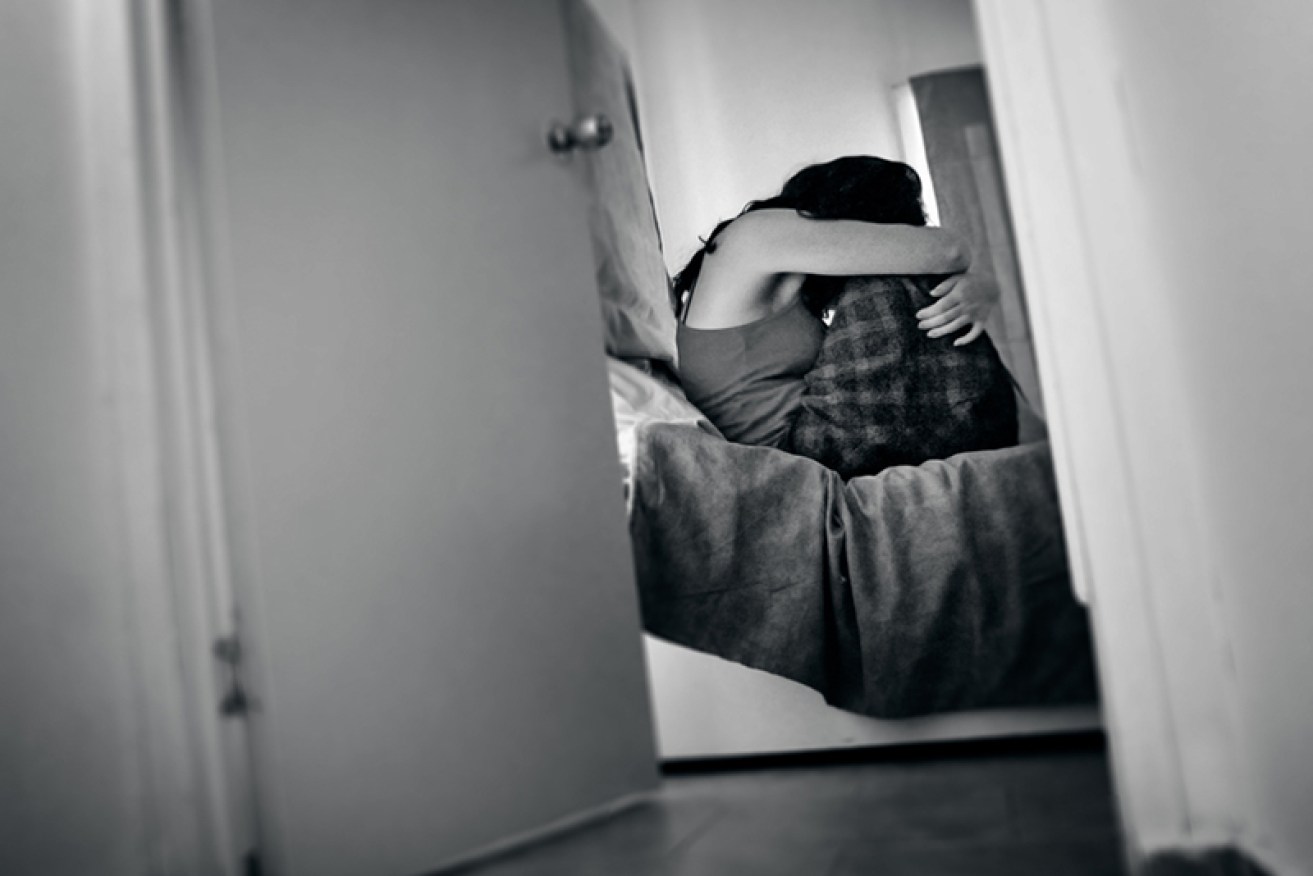Why Rolf Harris’ victims are serving a life sentence


For adult victims reporting historical acts of child sexual assault (CSA), the eternal, damning ‘why’ is not, ‘why did this happen?’ but ‘why didn’t you report it at the time?’
Sexual assault is a crime of power. The power imbalance is exacerbated when it’s adults on children. It’s in another stratosphere when that adult is as publicly beloved as Rolf Harris.
Children don’t have to be threatened to stay quiet. All it takes is the involuntary response to sexual abuse: shame.
• No apology, no remorse, lots of ego: expert
• Social media explodes over Harris sentence
• Harris groped me on live TV: British presenter
Rolf Harris’ fame made his victims co-conspirators in their own defilement. Their shame gave way to silence, the private agony of their childhoods writ large every time he popped up in public. As one of his victims, aged 13 or 14 when Harris assaulted her, told ITV News:
“He was a celebrity. He was a family man. So you instantly trusted in him. He was a children’s entertainer so by association you should be able to trust such a person. Everyone is laughing with him and adoring him, while you’re having that done to you. It’s an unbelievable feeling of a loss of trust and a loss of innocence.“
Of course his punishment does not fit his crimes. How do you put a judicial value on a stolen childhood?
We’re not talking about someone who had faded from public view. Rolf Harris was last week described as an ‘embarrassing curiosity’ (as if artistic taste has anything to do with his crimes), suggesting he wasn’t ‘really’ famous, or talented.
I’d argue that Harris’ very ordinariness; ubiquity and longevity would have made it even more difficult for his victims to report his crimes. He refused to go away.

Rolf Harris outside the court following his conviction.
He enjoyed the imprimatur of the establishment and the cool kids. This is a man who appeared at Royal Variety Performances in the 1960s, 70s and 80s and several times at Glastonbury Festival; who was awarded an OBE, painted a portrait of the Queen and performed at the Diamond Jubilee concert.
His singing career underwent renaissance of sorts with a cover version of ‘Stairway To Heaven’ on ABC TV’s ‘The Money or the Gun’. The song went to number 7 on the UK pop charts. His TV career spanned four decades, from drawing cartoons on BBC children’s shows to hosting Animal Hospital. He was everywhere, everything, to everybody.
It’s imperative that we remember, or try to imagine, that Harris’ crimes took place at a time when CSA was a recognised issue in British society.
As the sentencing judge remarked, Harris’ penalty reflected the standards that existed in the UK in the 1970s. His punishment in itself is a stark reminder of the value society and the legal system placed on sex crimes in that era.
Of course his punishment does not fit his crimes. How do you put a judicial value on a stolen childhood? As another victim, Tonya Lee (who waived her right to anonymity) wrote in her statement to the court:
“What Mr Harris took from me was my very essence … I believe that it was for Mr Harris a forgettable moment but it was something for me I will never move on from … I know the person I am today is not the person I should have been.”
However, for all of our exhortations to children to report crimes against their person, in 2014 there remains a strong element of victim blaming, of doubt, of recrimination toward adults reporting or openly discussing historical CSA.
So why a court case, and why now?
Public acknowledgement of historical CSA gives victims some way of taking back power, but the sexual assault of a child wreaks carnage on families and social networks.
Rolf Harris’ victims may have sought to ease the burden on their families by not speaking out until they were adults. At the very least, the legal process offered them agency.

Rolf Harris is taken to prison. Photo: AAP
Sitting in the dock, Rolf Harris was forced to listen first hand to the impact of the crimes he committed; a visceral interaction took place between him and his victims. No journalist was responsible for the statements read to the court; there was no ability for him to turn the page or flick to another channel. No longer are they scenarios on which rumours and uncomfortable silences in entertainment industry circles are founded.
However, for all of our exhortations to children to report crimes against their person, in 2014 there remains a strong element of victim blaming, of doubt, of recrimination toward adults reporting or openly discussing historical CSA.
“You could have done something when it happened, and you didn’t.”
I know it exists, because it happened to me when I first sought professional help from a GP in the early 1990s while my abuser was still alive.
It still happens when I write columns like this.
One victim described Harris’ jail term as ‘immaterial’. That offers some insight into the nature of CSA. It never goes away, even if the perpetrator goes to jail.








